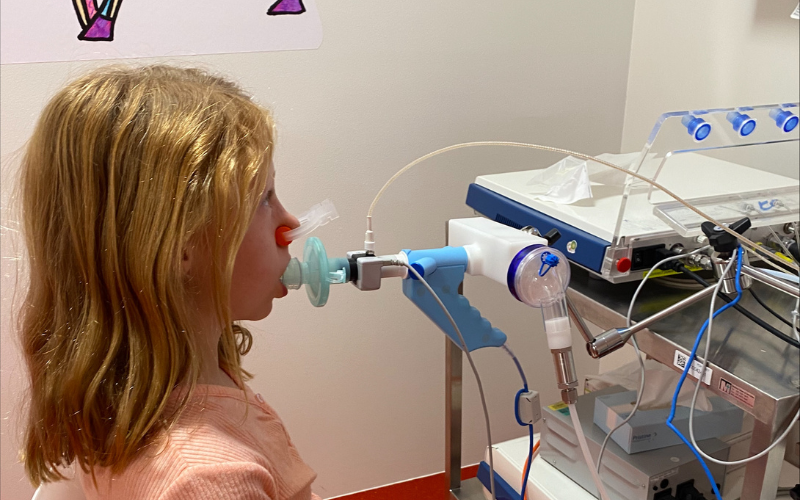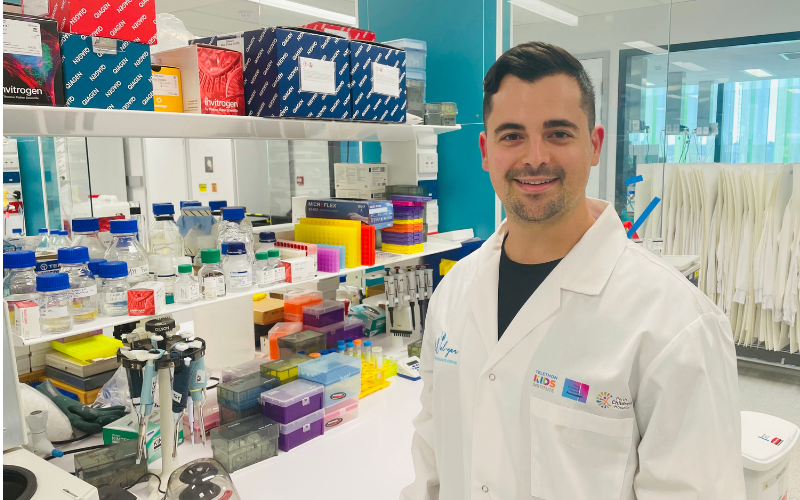Search


News & Events
Meet Embrace's new Co-DirectorEmbrace has appointed Professor of Clinical Psychology Jeneva Ohan as its new Co-Director alongside Professor Helen Milroy AM.

News & Events
Guest article: What it's like to live with Tourette SyndromeConor Maysey was a guest on Dr Alix Woolard's podcast, Embracing the Mind.

News & Events
Guest article: How Russian invasion of my home changed my lifeVlad Guz giving a TEDxKings Park Youth talk in 2023. Source: TEDxKings Park

News & Events
Emerging researcher tops up clinician training gapA top-up scholarship for PhD candidate Katherine Murfitt is set to address a “significant gap” in training for psychologists.

News & Events
Leading wellbeing researcher joins EmbraceAssociate Professor Jeneva Ohan will co-lead research in Embrace's childhood trauma group.

News & Events
Watch senior researcher's TEDx TalkSenior researcher Dr Alix Woolard gives a talk on post-traumatic growth at TEDx Youth @ Kings Park

News & Events
Research into innovative treatments for people with asthma and antibiotic resistance supported by Innovation FellowshipsTwo outstanding researchers from the Wal-yan Respiratory Research Centre have been awarded a 2022 Innovation Fellowship supported by the WA Government's Future Health Research and Innovation (FHRI) Fund.

News & Events
New study to better understand how bronchiectasis develops during childhoodA new research project – the WA Paediatric Bronchiectasis Cohort Study – officially commenced this month with the aim of looking at children with bronchiectasis in Western Australia, like nine-year-old Holly (pictured), to better understand how this disease develops during childhood.

News & Events
Vertex grant to support research into treatment strategies for cystic fibrosis lung diseaseDr Daniel Laucirica, a research officer with the Wal-yan Respiratory Research Centre, will undertake new research into potential treatment strategies to prevent lung damage in people with cystic fibrosis (CF), under the mentorship of Associate Professor Anthony Kicic - made possible by a Vertex Cyst
